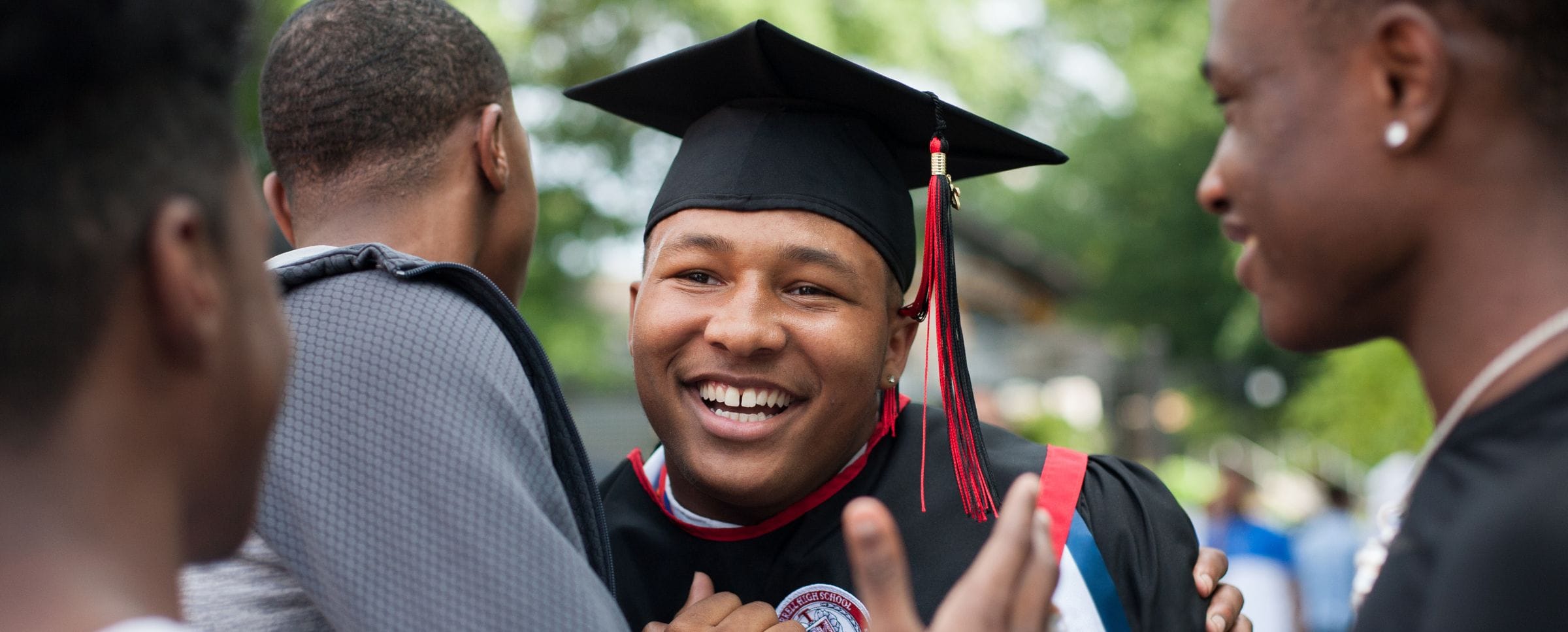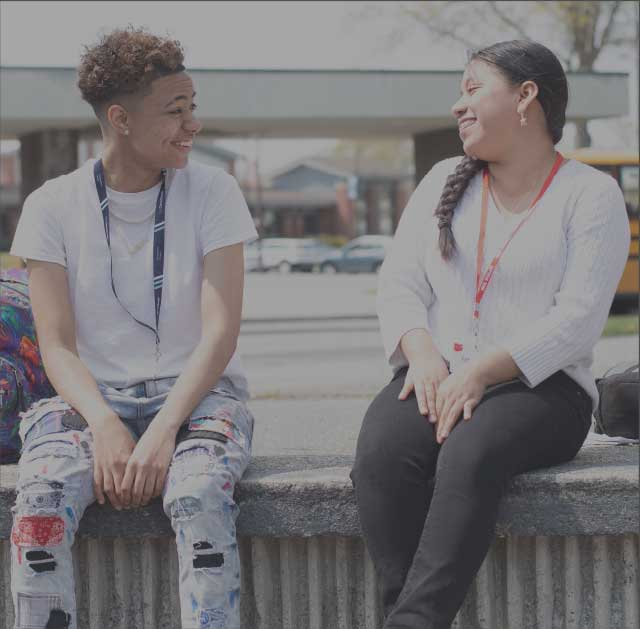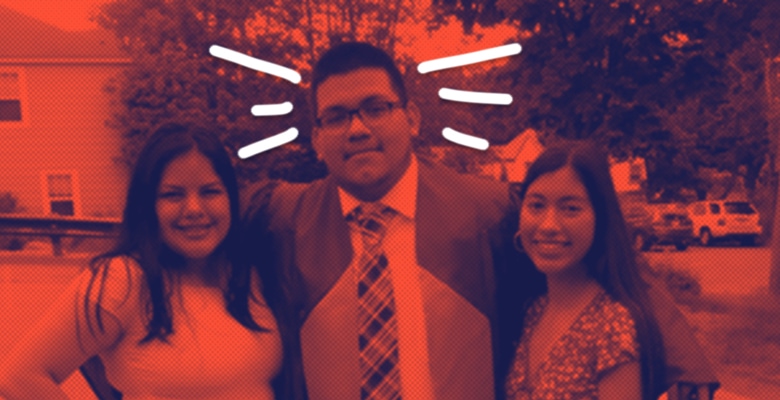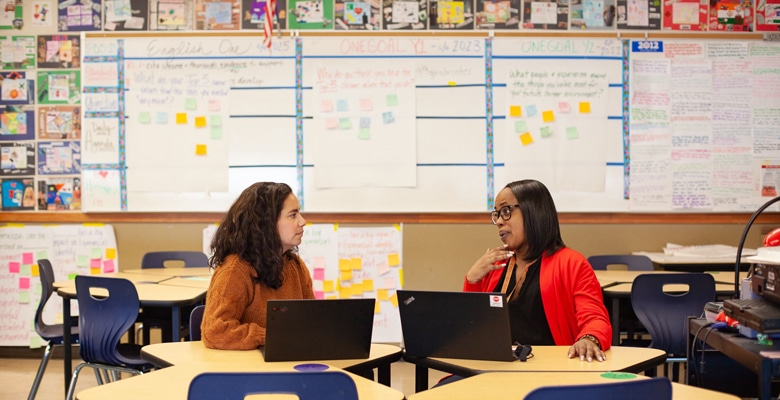Resilient as a Basrah Date Palm | Sana Al Taima
Sana Al Taima is a sophomore at the University of Houston and a OneGoal class of 2020 alum. She previously spoke to OneGoal about her experience with our Beyond12 partnership and now shares how her OneGoal cohort helped her find community in a new country.
Read more →
Portrait of Persistence: Spotlight on Esvin Ruiz
The pathway from a high school diploma to a postsecondary degree is not always a straight line. For OneGoal alum in Massachusetts, Esvin Ruiz, the journey has been full persistence through unexpected detours, including several frightening health challenges and a unique program offering financial aid help.
Read more →
Meeting Fellows’ Diverse Needs Through Partnerships
OneGoal is piloting new partnerships to expand access to high-quality postsecondary opportunities for OneGoal Fellows and providing them with the timely and relevant support they need to complete their journeys in higher education.
Read more →





